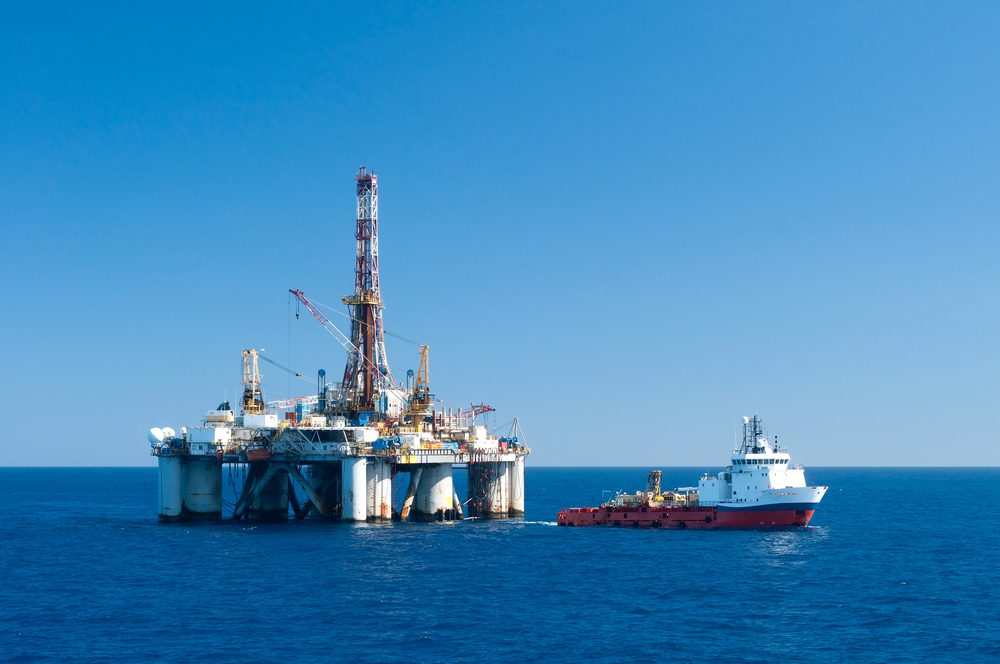 Transocean Ltd.’s (RIG, RIGN.VX) third-quarter loss widened as asset impairment and other items masked the offshore-drilling company’s revenue growth.
Transocean Ltd.’s (RIG, RIGN.VX) third-quarter loss widened as asset impairment and other items masked the offshore-drilling company’s revenue growth.
Transocean owned the Deepwater Horizon, the rig that exploded and sank in the Gulf of Mexico in 2010, killing 11 people and setting off the worst offshore oil spill in U.S. history. The company faces potentially costly litigation with BP PLC (BP, BP.LN) and the U.S. government over the spill and has allocated about $2 billion to cover the possible liability.
In September, Transocean was awarded 10-year contracts for four new drillships by oil giant Royal Dutch Shell PLC (RDSA), which will contribute about $7.6 billion in revenue from 2015 and 2016. Transocean also earlier agreed to sell 38 shallow-water-drilling rigs for $1.05 billion as part of a plan to focus on the higher end of the offshore-drilling market.
Transocean’s revenue has improved in recent quarters, although its bottom line continues to be hurt by loss contingencies associated with the Macondo well incident.
For the latest period, Transocean reported a loss of $381 million, or $1.06 a share, compared with a year-earlier loss of $32 million, or 10 cents a share. Excluding asset impairment, asset-sale gains and other items, adjusted per-share earnings from continuing operations rose to $1.37 from 11 cents. Revenue increased 23% to $2.44 billion.
Analysts polled by Thomson Reuters had projected a per-share profit of 76 cents and revenue of $2.53 billion.
Average daily revenue climbed 2.9% from the prior year and slipped 2.3% from the quarter earlier. Fleet utilization rate was 73%, up from 58% a year ago and 66% in the previous quarter.
A Brazilian court at the end of September partially lifted an injunction–resulting from a 2011 oil spill at a Chevron Corp. (CVX) field–that would have banned Transocean from operating in Brazil. Transocean’s contracts in the South American country accounted for about 11% of its operating revenue in the first half of the year.
Shares were trading about 2% higher at $47 premarket. The stock is up about 20% through Friday’s close.
– Debbie Cai, (c) 2012 Dow Jones & Company

 Join The Club
Join The Club











